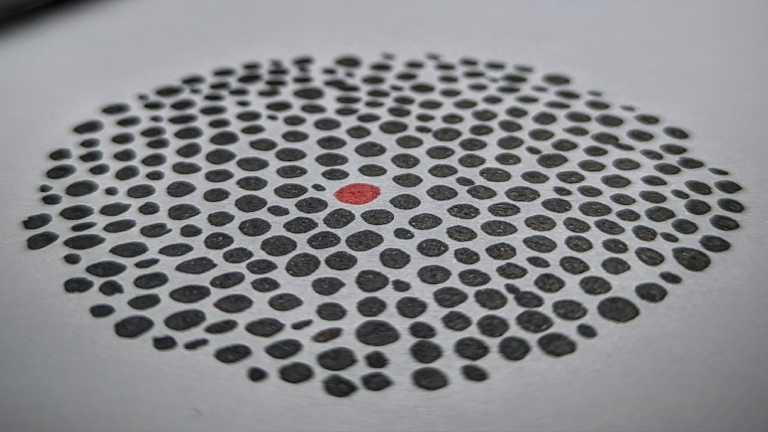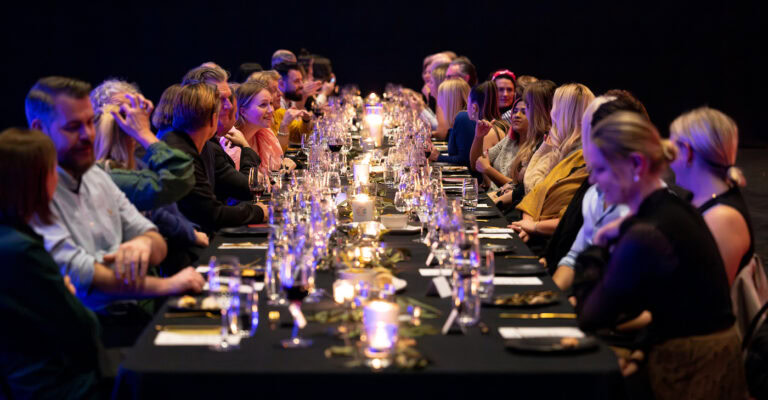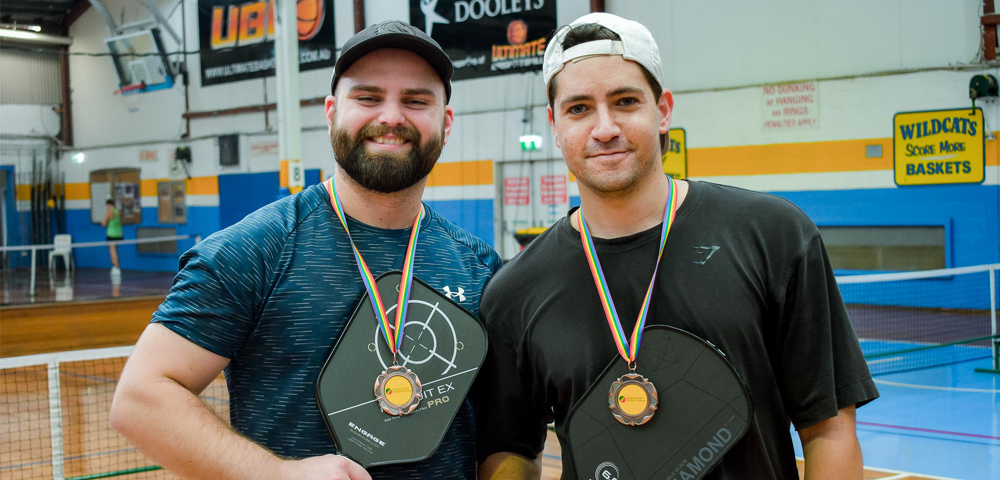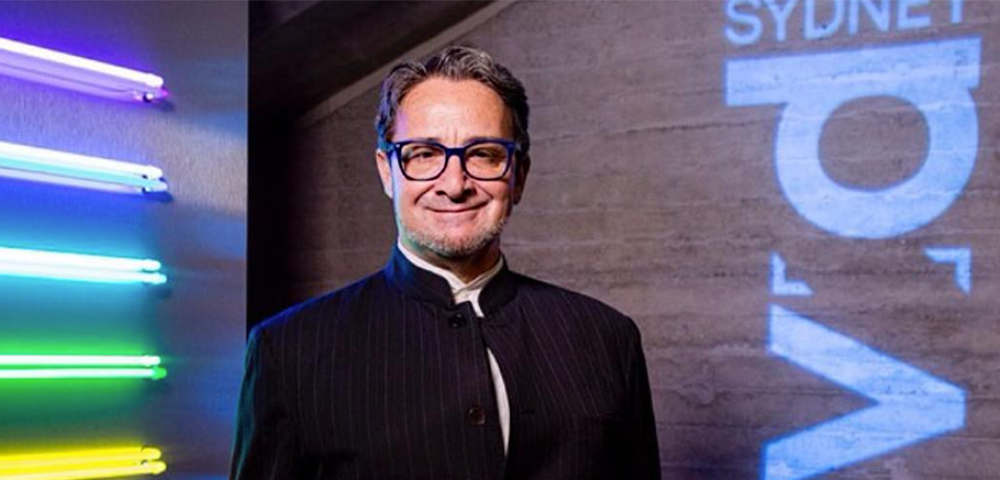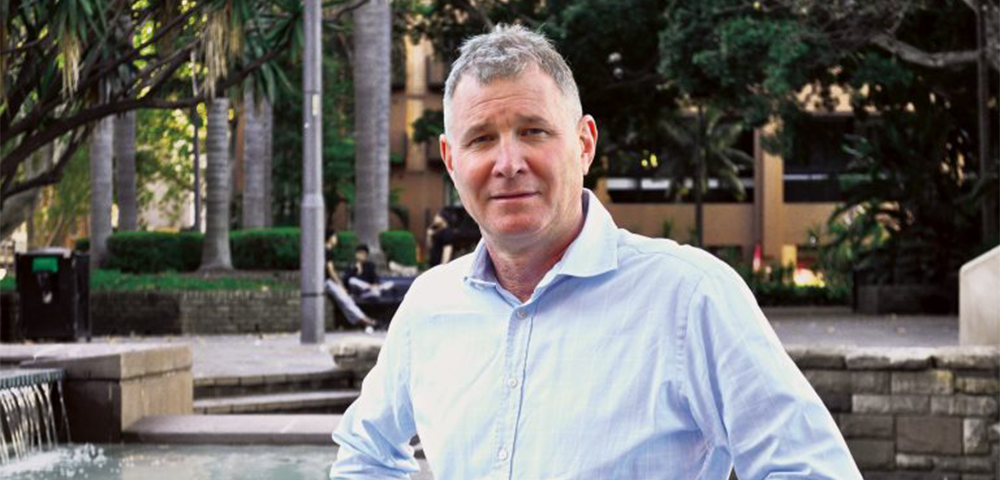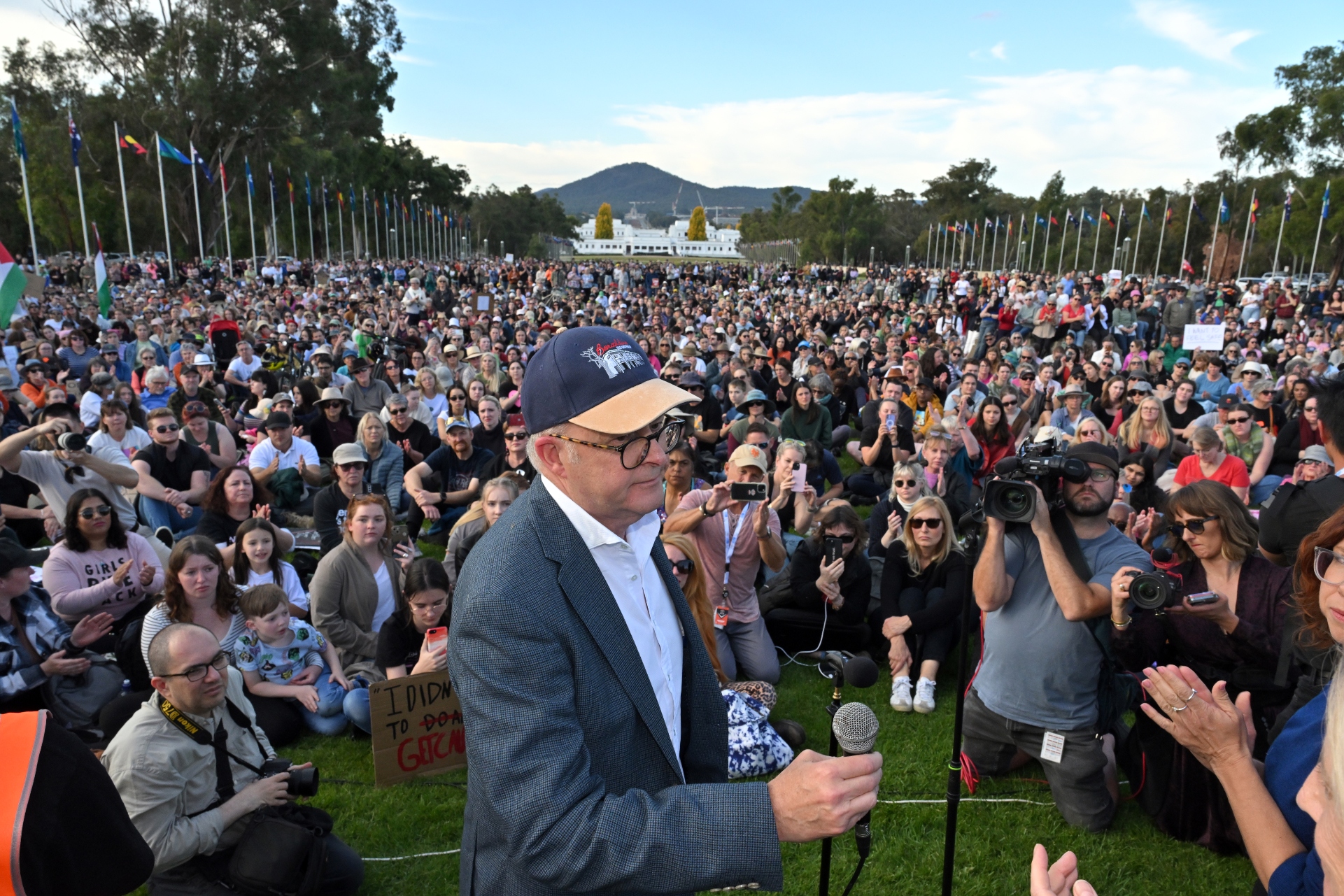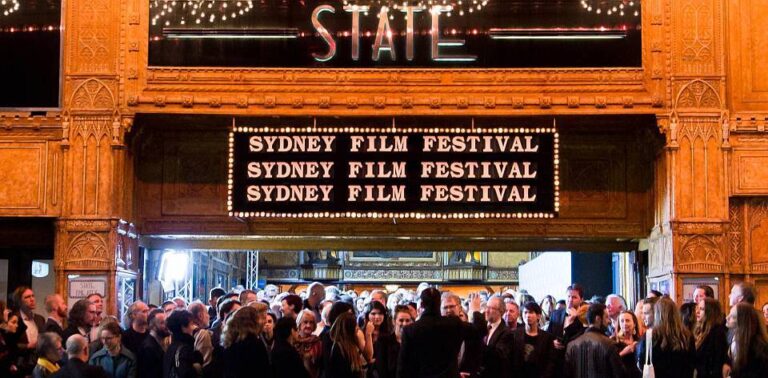
Mid-life crisis time
Long before reality TV took its toll, there was the UP series.
7UP began in Britain in 1964 with the idea of following the kids who’d be in charge by the year 2000. The turn of the new millennium, as we all know, turned out to be a bit of a fizzer all-round and the series has continued on after this mythical deadline.
Now the seven-year-olds have almost hit mid-life crisis time. They’re about to exit their 40s and the series has hit its seventh instalment with 49UP.
Surprisingly, we still can’t vote them off the series. The subjects self-select every seven years whether we get to watch them get older, fatter, and in the case of the blokes, progressively balder. Now that’s real reality television!
Director and interviewer Michael Apted even sounds like Big Brother with his super resonant, deep masculine TV voice.
49UP is dedicated to founding producer Tim Hewat, who died in a road accident in 2004. Surprisingly, there still hasn’t been a death amongst the on-screen group.
Unlike Big Brother which selects from the sexual spectrum, its token gay hairdresser, resident bimbo(s) etc., the original 7UP selections were based on class differences: private boarding school boys, East End girls and boys from a children’s home.
The series set out to discover whether their lives were determined by their background. Yes, the old nature versus nurture question -“ it’s a question very familiar for the gay and lesbian community.
Back in 1964 it took the form of an old Jesuit maxim, Give me the child until he is seven, and I will show you the man.
Despite the old-fashioned sexism of this statement, the UP series has given us a sense of the impact of gender difference on life choices. The East End girls remain the most articulate in this department, holding their own when a sexist question is thrown their way.
Apted’s an intrusive interviewer, always trying his hardest to ask the juicy questions. And while his juicy questions don’t always yield the juiciest of answers, the best documentary filmmaking moments come out of the tension that arises between him and his subjects in these moments.
Anger is directed at Apted for his misrepresentations over the years. The material is definitely heavily manipulated.
This weakens the whole nature versus nurture premise of the series. It’s clearly Apted’s take on all of their lives.
Many also talk frankly in this episode about how the intrusion of the camera upsets the balance of their lives every seven years, demanding reflection on the most sensitive and the most ordinary of life choices.
It’s a form of digital group therapy, like the best reality television always is. And that’s what’s kept us hooked on this series over the years.
